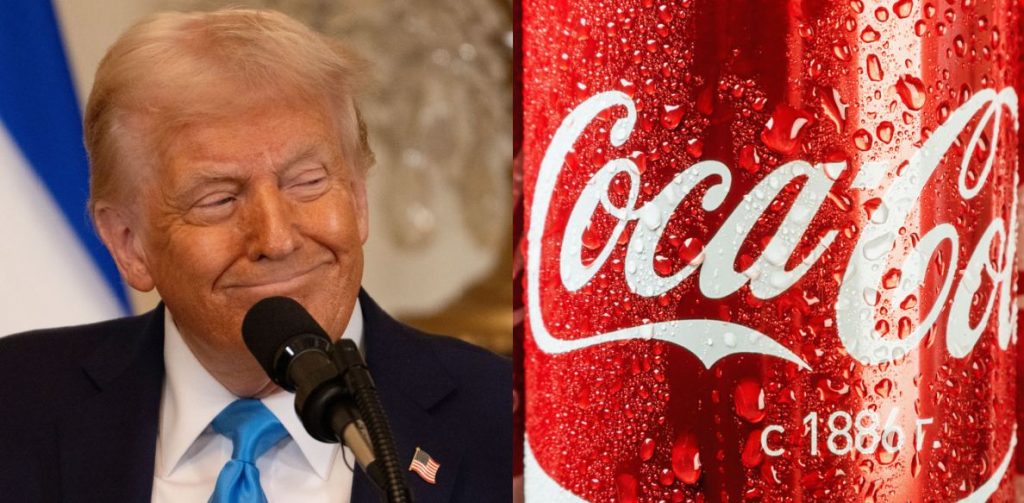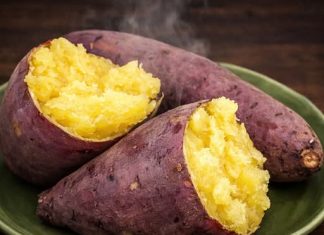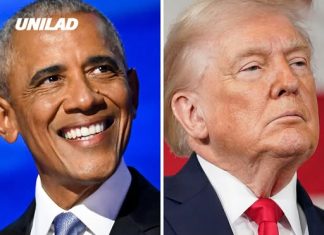Coca‑Cola has officially announced it will launch a new version of its soda in the U.S., using real cane sugar instead of high‑fructose corn syrup. Find out more in the article below.
Trump’s Truth Social Announcement Sparks Frenzy
Former President Donald Trump stirred the conversation when he posted on Truth Social, “I have been speaking to Coca‑Cola about using REAL Cane Sugar in Coke in the United States, and they have agreed to do so.” He added: “I’d like to thank all of those in authority at Coca‑Cola… This will be a very good move by them – You’ll see. It’s just better!” Coca‑Cola responded diplomatically, thanking Trump for his enthusiasm and promising more information soon.

Cane Sugar vs. High‑Fructose Corn Syrup
Historically, U.S. Coca‑Cola has used high‑fructose corn syrup (HFCS) since the 1980s due to its cost advantages. However, many international markets—including Mexico, Australia, and various European countries—continue to use cane sugar, which some consumers prefer for its flavor and traditional packaging. While the cane‑sugar version—commonly known as “Mexican Coke”—is already sold in niche U.S. outlets, this marks the first time Coca‑Cola plans an official nationwide launch under the trademark brand.
Economic and Political Ripple Effects
The switch to cane sugar brings economic complications. U.S. sugar growers benefit from tariffs and subsidies, while HFCS supports American corn farmers. The Corn Refiners Association warned, “Replacing high‑fructose corn syrup with cane sugar would cost thousands of American food manufacturing jobs, depress farm income, and boost imports of foreign sugar, all with no nutritional benefit” Analysts estimate the shift could cost Coca‑Cola over $1 billion, as cane sugar is more expensive and less stable in price. CEO James Quincey emphasized the initiative is part of a broader “innovation agenda” and noted cane-sweetened options are marketed globally alongside efforts to reduce sugar content overall.
Health Debate: Real But Not Healthier?
Health advocates like HHS Secretary Robert F. Kennedy Jr.—part of the “Make America Healthy Again” initiative—support reducing HFCS and similar processed ingredients. However, nutritionists caution that cane sugar and HFCS have similar metabolic effects. Angela Zivkovic, a professor of nutrition, told ABC News that there’s “not likely a big difference between carbonated drinks sweetened with high‑fructose corn syrup and those made with cane sugar aside from taste.” She emphasized that regardless of the sweetener, overconsumption can harm health.
Broader Industry Shifts
PepsiCo is also responding, preparing to launch its new Pepsi Prebiotic Cola with cane sugar, highlighting a wider industry move toward perceived “healthier” alternatives. Despite overall soda volume declining globally, Coca‑Cola’s Q2 revenue rose by 1% to $12.5 billion—driven by pricing adjustments and growth in other products such as Sprite, Fanta, and Coca‑Cola Zero Sugar, which saw a 9% volume increase in 2024.
What’s Next?
Coca‑Cola has confirmed that the cane‑sugar version will launch this fall, likely at a premium price point. It’s not intended to replace the traditional HFCS formula but to sit alongside it as part of a diversified portfolio. The company predicts sufficient sugar supply and anticipates growing availability to meet consumer demand without disrupting current operations. For consumers, choosing the cane-sugar variant will purely be a matter of taste preference—not health benefits. Economically, the move may reshape the sugar market, impacting corn farmers and potentially prompting regulatory scrutiny.

Final Take
Coca‑Cola’s planned U.S. launch of a cane‑sugar variant, sparked by Trump’s Truth Social post, is a strategic attempt to offer more choice and appeal to changing consumer preferences. While it may satisfy nostalgic taste buds, experts are clear: the health impact is negligible, and the economic consequences are significant. As fall approaches, the industry will be watching closely to see how this shift plays out in supermarkets—and whether it marks a broader trend in how America sweetens its drinks.

















